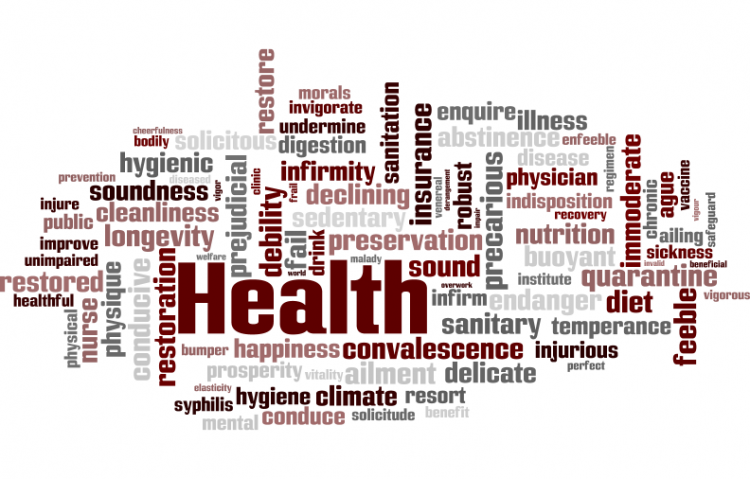
- Target:
- Penn State University community
- Region:
- United States of America
Second-hand cigarette smoke is a harmful consequence of smoking that affect we nonsmokers on campus. The extent of the problem is determined by illuminating the number of health effects that we Penn State students may experience from secondhand smoke; identifying the current efforts of reducing exposure to cigarette smoke, and the reasons they are not effective; and explaining why there is a loss of liberties to the students caused by this exposure.
Secondhand smoke is a mixture of the smoke given off by the burning end of a tobacco product, and the smoke exhaled from the lungs of smokers. It is comprised of over 4,000 dangerous chemical compounds and has been classified as a Group A carcinogen by the Environmental Protection Agency, a rating only used for substances proven to cause cancer. Involuntarily inhaled by nonsmokers, cigarette smoke lingers in the air hours after cigarettes have been extinguished and can cause or exacerbate a wide range of adverse health effects, including cancer, respiratory infections, heart disease, and asthma.
Cigarette smoking is responsible for more than 400,000 deaths each year, or one in every five deaths in the United States. Furthermore, if current patterns of smoking persist, over 5 million people currently younger than 18 will die prematurely from a tobacco-related disease. Each year, an estimated 3,000 nonsmoking Americans die of lung cancer and up to 300,000 children suffer from respiratory infections because of exposure to secondhand smoke.
Another consequence of secondhand smoke is the loss of freedoms and liberties that we nonsmokers suffer. Smokers have a right to smoke, but what about the nonsmokers’ right to living in a smoke-free environment? Smokers do not follow John Stuart Mill’s “harm principle,” which states, "The only purpose for which power can be rightly exercised over any member of a civilized community against his will, is to prevent harm to others." In other words, an action should only be illegal if and only if it does harm to others. Smokers do harm to we nonsmokers by forcing us to breathe dangerous toxic chemicals that they deposit into the air from their tobacco products. Everyone, who wants it, is entitled to a healthy lifestyle, which excludes inhaling secondhand smoke everyday.
Current efforts of limiting secondhand smoke exposure on the Penn State campus are ambiguous. Are there regulations in place or written policies regarding smoking on campus? If so, they are not publicly displayed or recited to the students. The only acknowledged rule is that smoking is banned from all school buildings, but this forces students to smoke outdoors where there are no enforced regulations.
Designated areas for smoking do exist, but are not used properly. Smokers go anywhere and everywhere they please and do not receive any kind of consequence. This results in we students having to suffer the negative health and living effects of secondhand smoke. Such living effects include smelling like cigarette smoke, dorm rooms and linens smelling like smoke, and living in a messy environment with cigarette butts laying all over the ground.
We nonsmokers need to implement a new course of action concerning smoking on the Penn State campus. This course of action is simple: ban all smoking on the Penn State campus. If a person is found smoking on campus he will be issued a fine between $25 and $500. A first offense will result in a $25 fine, while each subsequent fine will double in cost with a maximum fine of $2,500.
Another aspect of this policy would be a series of classes and counseling available to those who wish to quit smoking once this ban is in effect to avoid having to go off-campus all of the time. These classes, offered for credit, like other health-related courses, would be geared toward the health issues caused by smoking and the different methods of quitting and life without smoking. They would help smokers develop a quitting plan. The counseling would help the retired smokers stick with their formulated plan and discover healthier habits that would help them succeed.
To Penn State University President Graham Spanier:
We, the undersigned, call on the University to introduce and enforce a campus-wide smoking ban for Penn State University, University Park campus to ensure the health and well-being of the entire community.
You can further help this campaign by sponsoring it
The Penn State, University Park Campus-Wide Smoking Ban petition to Penn State University community was written by Amanda and is in the category Health at GoPetition.